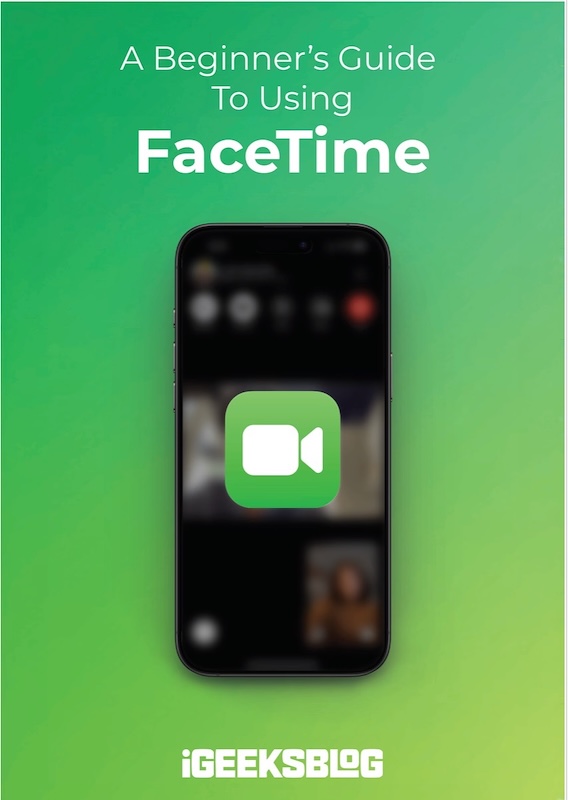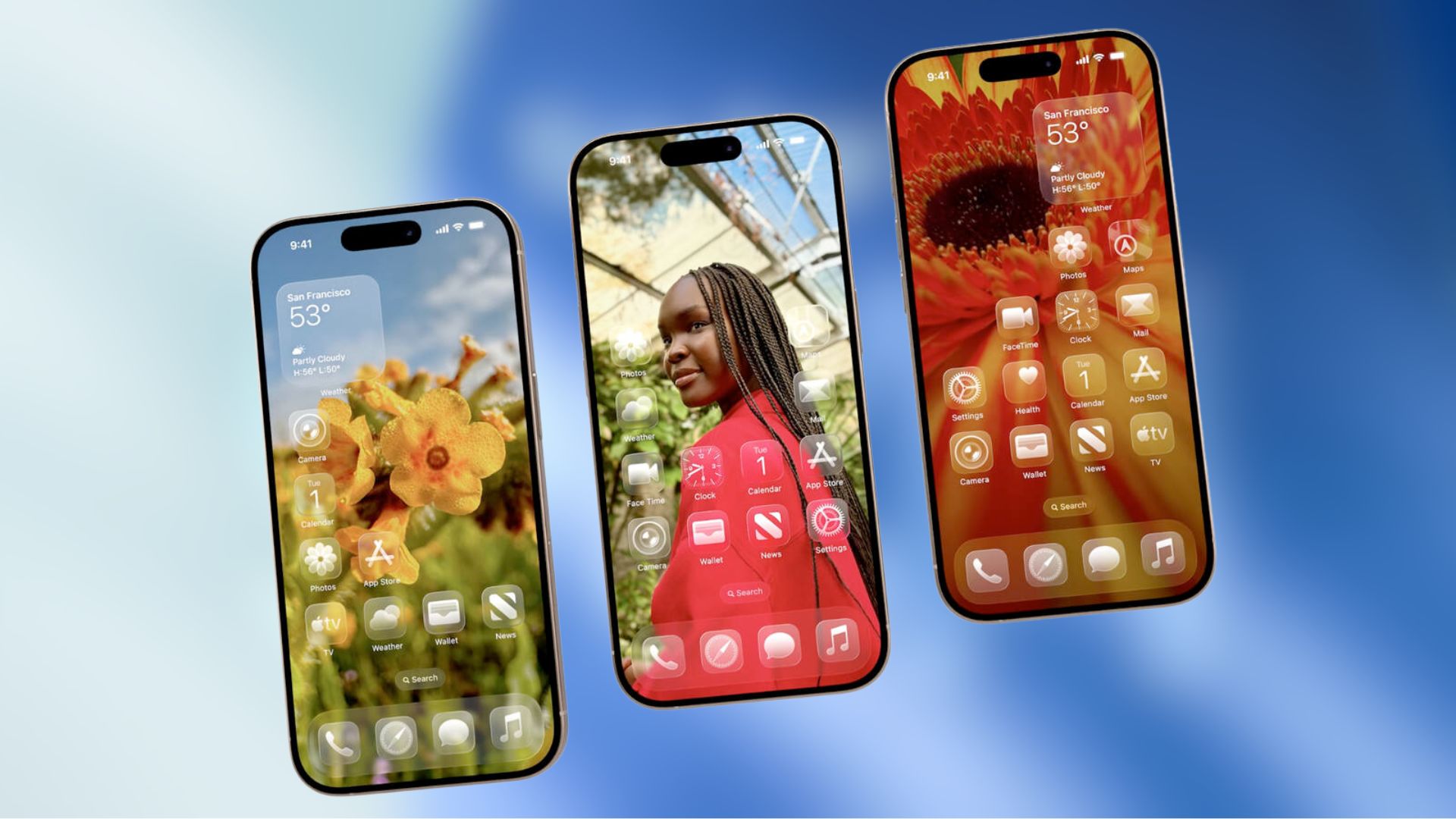
FaceTime Like a Pro
Get our exclusive Ultimate FaceTime Guide 📚 — absolutely FREE when you sign up for our newsletter below.

FaceTime Like a Pro
Get our exclusive Ultimate FaceTime Guide 📚 — absolutely FREE when you sign up for our newsletter below.
Curious if your iPhone will get iOS 26? Here’s a quick look at all the supported models and what to expect from the latest update.
Apple has officially released the next-generation operating system for the iPhone, iOS 26. This latest update brings in a new Liquid Glass design, advanced AI capabilities, and improved app functionalities. Wondering if your iPhone will make the cut for iOS 26? We’ve got the full list
In recent years, Apple has surprised users by extending support to older devices. Both iOS 17 and iOS 18 ran on the same lineup of iPhones, giving older models a longer lease on life. This move was widely welcomed by users, as it broke Apple’s usual pattern of dropping at least one or two older models with each major update.
However, iOS 26 marks the return to Apple’s traditional approach, with some older iPhones losing support.
Here’s the expected list of iPhones that will support iOS 26:
iOS 26 discontinues support for the iPhone XS, XS Max, and SE lineup, which was launched in 2019. As a result, iOS 18 is the final major software update for the said models.
Apple’s latest iPhone 17 models come with iOS 26 pre-installed. As usual, these devices are likely to offer the best experience and receive exclusive new features that take advantage of the latest hardware.

It’s important to note that not all iOS 26 features will be available on every supported iPhone. Just as with iOS 18, some advanced capabilities—especially those powered by Apple’s AI system (Apple Intelligence)—are limited to newer models like the iPhone 15 Pro, iPhone 16 series, iPhone 17 series, and iPhone Air.
If you’re using an older supported device, you’ll still get the core iOS 26 experience, but you may miss out on select features that require more powerful hardware.
If you use an iPad, here’s a complete list of iPad models that support iPadOS 26:
iOS 26 promises exciting new features and improvements, but not every iPhone will make the cut. If your device is on the compatibility list, you can look forward to trying out the latest software this fall. If not, it may be time to consider upgrading to a newer model to stay current with Apple’s latest innovations.
FAQs
The iPhone 11, iPhone 11 Pro, and iPhone 11 Pro Max—released in 2019—are the oldest models compatible with iOS 26.
No. While your iPhone may receive the iOS 26 update, some advanced features—especially those powered by Apple Intelligence (AI)—may be exclusive to newer models like the iPhone 15 Pro, iPhone 16 series, and upcoming iPhone 17.
Go to Settings > General > About and look for the “Model Name.” Compare it with the official compatibility list to see if your device is eligible.
You can continue to use your device as usual, but you won’t receive new iOS features or major security updates. If staying up-to-date is important to you, consider upgrading to a newer iPhone.
You might also like: